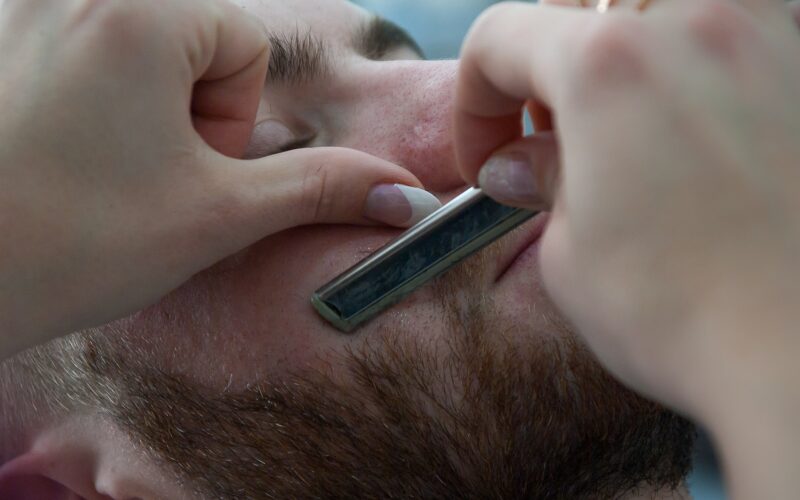The concept of what it means to be a man in today's world is undergoing a dynamic shift. Traditional notions of masculinity are being scrutinised, and the term 'toxic masculinity' has surfaced into the foreground of gender discussions.
What is toxic masculinity?
Toxic masculinity refers to traditional cultural norms of behaviour among men that can be harmful to both society and individuals. These norms often associate masculinity with aggression, lack of emotion, sexual conquest, and the suppression of any traits deemed as unmanly. Increasingly, such attitudes are being acknowledged as damaging, as they perpetuate gender stereotypes and create unrealistic expectations for how men should behave.
The effects of toxic masculinity on society
The ramifications of toxic masculinity run deep. They can contribute to a range of social issues, including domestic violence, mental health struggles amongst men, and the perpetuation of a culture that discourages emotional expression and vulnerability. These issues not only affect those targeted by such behaviours but also the men who feel pressured to conform to harmful stereotypes.
Challenging stereotypes
Challenging the stereotypes associated with toxic masculinity is critical to fostering healthier societal norms. This challenge involves dismantling the ingrained belief that expressing emotions is a sign of weakness, or that dominance is essential for respect. It also requires creating new narratives around masculinity that include empathy, cooperation, and emotional intelligence as valued traits.
Toxic masculinity and mental health
Toxic masculinity can have a significant toll on men's mental health. Men may feel compelled to bottle up their emotions and refrain from seeking help for fear of appearing weak. This stoicism can lead to exacerbated mental health crises, with rates of suicide and depression alarmingly high amongst men, especially those who struggle to live up to rigid masculine ideals.
Rethinking masculinity
Rethinking masculinity involves the collective effort of society to redefine what it means to be a man beyond the confinements of traditional views. It is about encouraging men to develop a sense of self that is not reliant on power over others or emotional suppression but embraces a balanced perspective of strength combined with compassion.
Inspiring examples of modern masculinity
Inspiring examples of modern masculinity can be seen in figures who break the mould by advocating for gender equality, showing vulnerability, and pushing back against harmful stereotypes. These role models embody a concept of manhood that champions being emotionally available, kind, and nurturing—qualities that can contribute to more profound societal well-being.
Thoughts on manhood today
To be a man today is to understand that masculinity is not a static or monolithic concept but a set of qualities and behaviours that evolves over time. A modern, holistic understanding of masculinity recognises that qualities traditionally categorised as feminine, such as empathy and openness, are human traits that should be embraced by everyone, irrespective of gender. By tearing down the pillars of toxic masculinity and cultivating a culture of acceptance and understanding, we make strides towards not just a recalibration of manhood, but a more equal and empathetic society.
Toxic masculinity has no place in the modern world. Instead, we should seek to promote and celebrate the qualities in men that contribute positively to society, regardless of how these fit into outdated gender norms.




















